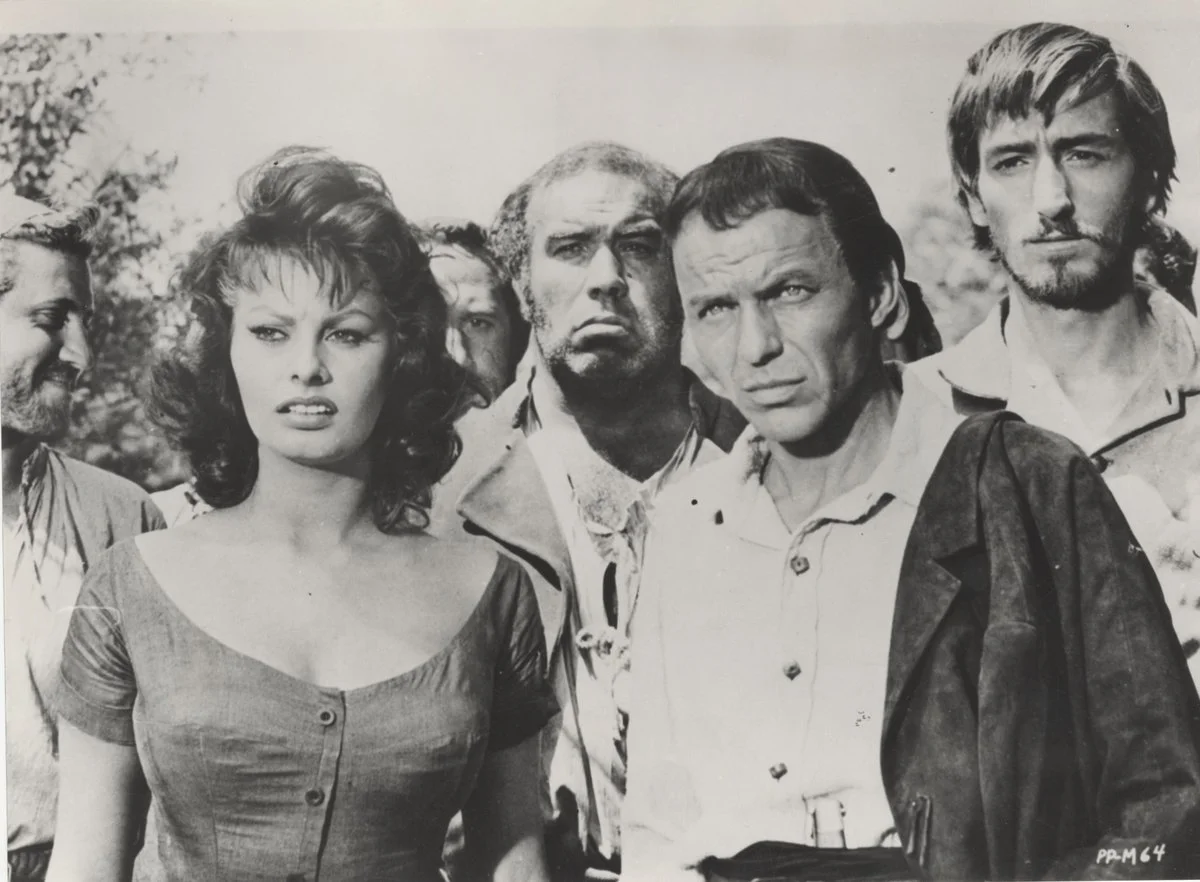Sinatra’s 1964 Kidnapping Letter Goes to Auction in Rare Peek at a Troubled Hero

I am Jaden Patel, your deadpan gossip guide, here to serve the blunt truth with a side of wit. A never-before-seen Frank Sinatra letter from 1964 is hitting Bonhams’ Unplugged & Unforgettable Music Auction, offering a rare, unvarnished glimpse into Ol’ Blue Eyes off the stage and into the family crisis that shadowed his legend. The six-page missive, penned to prison chaplain Father Roger Schmit, captures Sinatra’s raw reaction to the 1963 kidnapping of his 19-year-old son, Frank Sinatra Jr. The incident, which roped in FBI involvement and a ransom of $240,000, is one of the darkest footnotes in the Sinatra saga, and the letter reveals a very human reaction to a very public assault on a family man.
The auction block is not a place for faint hearts or clean narratives. The letter was written after the ransom was paid and after public suspicion swirled around the younger Sinatra, who some at the time alleged staged the whole ordeal for fame. That claim, bolstered by the kidnappers’ attorneys, added a layer of skepticism to an event that already felt like a Hollywood plot twist. Sinatra’s response to Father Schmit is a mix of disappointment, caution, and stern moral judgment. He writes that forgiving the kidnappers would be complicated by the reputational shadow they cast, and he argues that the cloud of suspicion could continue to affect his son’s life and career. In other words, Frank Sinatra is not just defending his son’s safety; he’s defending the family’s dignity in a very unforgiving public arena.
Bonhams’ associate specialist Katie Allen frames the letter as a window into Sinatra beyond the stage persona—a vulnerability that is both surprising and enlightening for collectors and fans who want to understand the fuller arc of a man who managed to blend showmanship with a stubborn code of family loyalty. The piece’s provenance adds another layer of intrigue: it has remained in the family of a man who worked at the same prison where Schmit served, passing through generations with the care of a family heirloom rather than a mere collectible. The donor’s relation to the incarcerated man who shared the prison with Sinatra’s chaplain is the kind of tangential detail that makes auction houses tilt their heads and raise the price in quiet fascination.
The estimated value sits at up to $30,000, signaling that this is not just a curiosity for die-hard fans but a legitimate historical artifact that touches on crime, celebrity culture, and the pressures of parenting under the glare of the public eye. The letter’s blunt stance on the kidnapping narrative—the defenses against it, the lingering doubts about the son’s motives, and Sinatra’s insistence on a responsible, condemnatory stance—offers a surprisingly intimate portrait of a man who could command a microphone and, apparently, a moral podium in times of crisis.
For Sinatra aficionados, this document is a chance to see the other side of the legend: the man who could forgive but would not easily erase. It’s a reminder that even the Chairman of the Board carried private scars, handled with the same precision he once reserved for a possible crooner’s career comeback. The auction preview suggests the letter will appeal to collectors seeking a deeper, more complex narrative of Sinatra as a family figure, not merely a consummate entertainer.
What to watch next? Will more archival notes surface, shining yet another flashlight on a star who wore many hats—singer, actor, father, and a man navigating the treacherous waters of fame with a code that could cut both ways.
Sources: Celebrity Storm and New York Post
Attribution: Sophia Loren, Frank Sinatra and others actors in a scene from The Pride and the Passion, a film directed and produced by Stanley Kramer in 1957 — Unknown authorUnknown author (CC BY-SA 4.0) (OV)
Attribution: Sophia Loren, Frank Sinatra and others actors in a scene from The Pride and the Passion, a film directed and produced by Stanley Kramer in 1957 — Unknown authorUnknown author (CC BY-SA 4.0) (OV)




